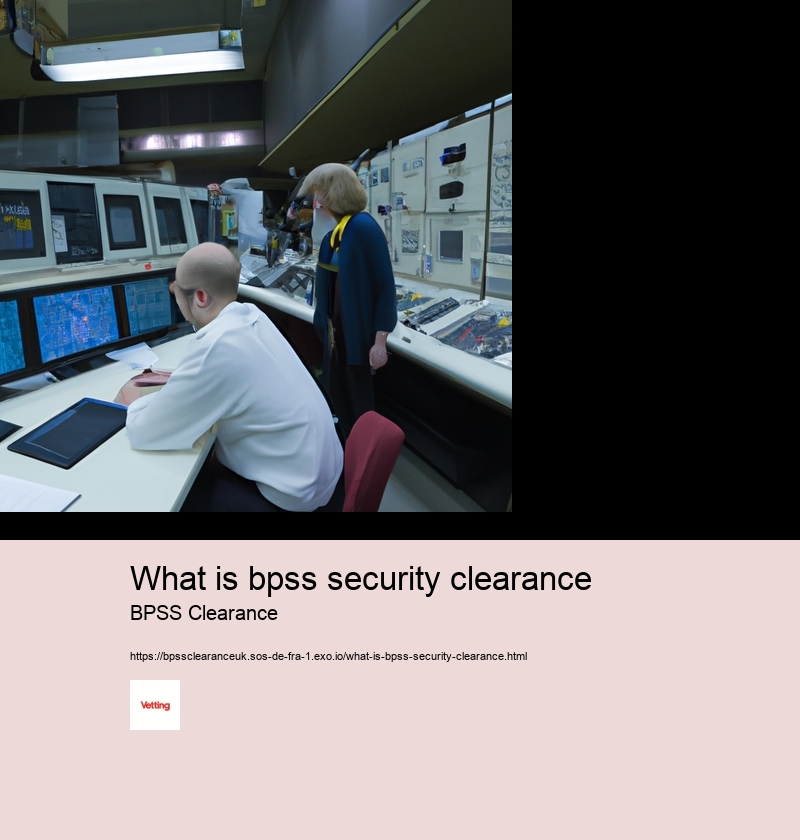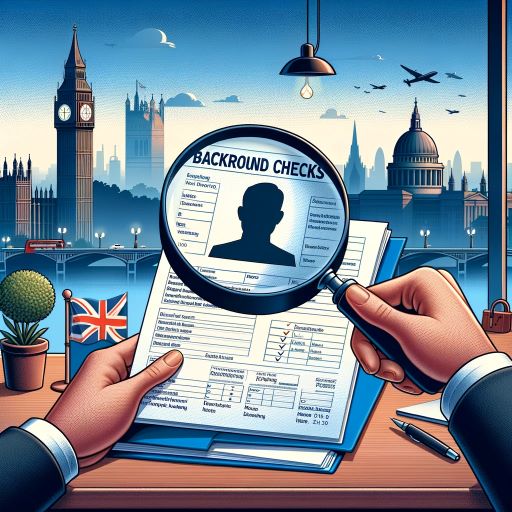what is bpss security clearance
What is a BPSS check online?
Employment history checks are another key component of BPSS clearance, providing insight into an individual's work behavior and integrity. These checks help verify the accuracy of the information provided by the applicant and uncover any discrepancies or gaps in employment that might need further investigation. This step is crucial in building a comprehensive profile of the candidate's past professional conduct.
- Cooperate fully with any additional background checks or enquiries that may be necessary.
1. BPSS clearance is usually valid for 3 years from the date of issue.



